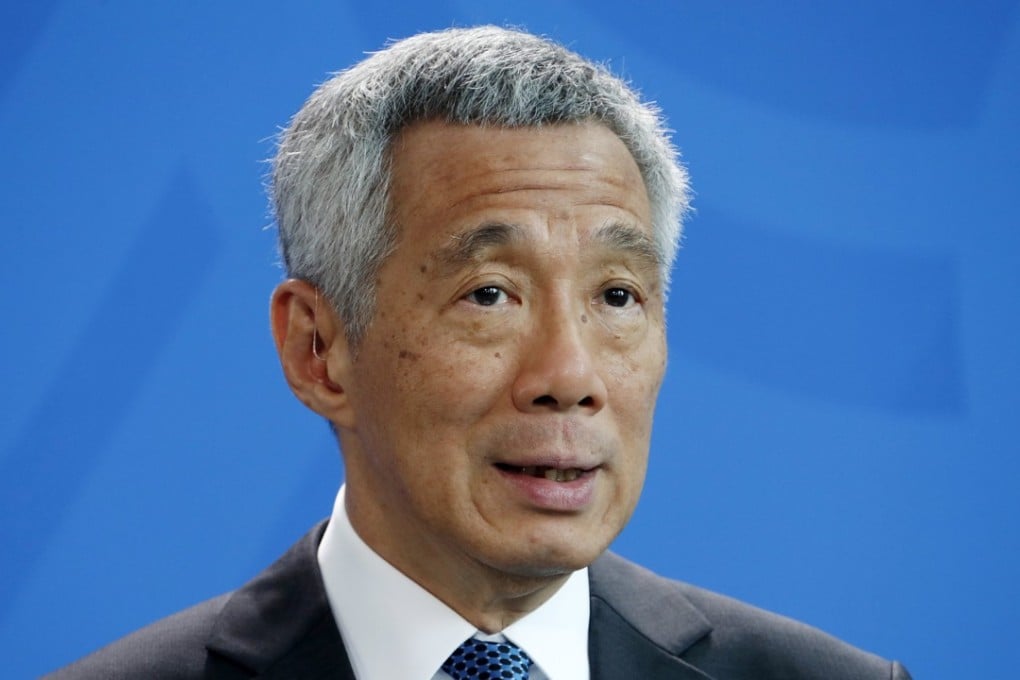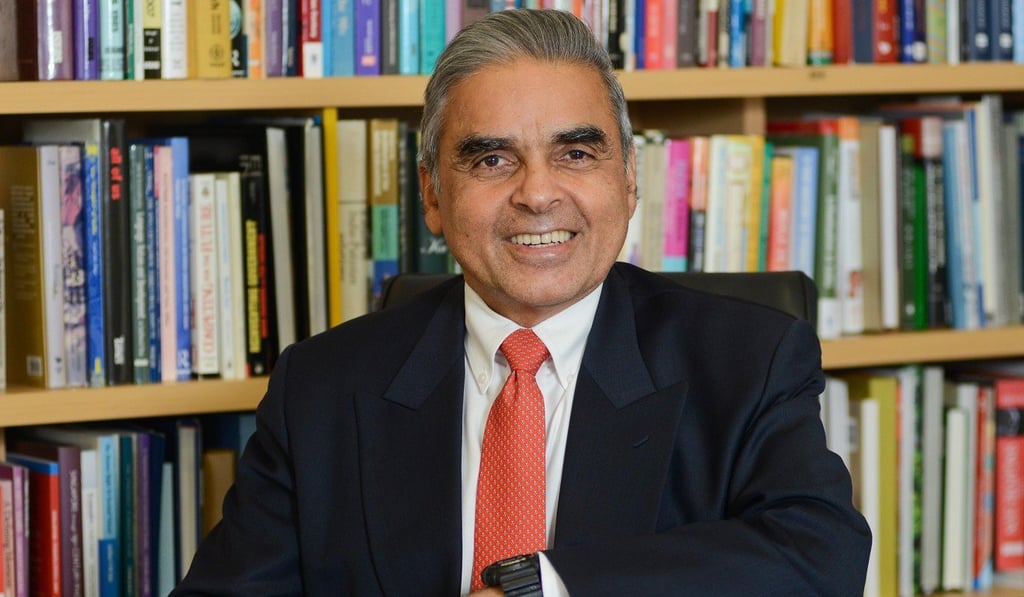Singapore will not ‘roll over’ for China
Despite assertions from a former top diplomat, an ambassador-at-large says the Lion City will always speak up when its interests are at stake

In an interview with This Week in Asia, Chan Heng Chee, one of the country’s top envoys, dismissed talk that the foreign ministry was split on this issue after one of its former top guns questioned whether the island state was imprudently stepping on the toes of bigger countries.

“No small animal would stand in front of a charging elephant, no matter who has the right of way, so long as the elephant is not charging over the small animal’s territory,” wrote the 68-year-old, now dean of the republic’s Lee Kuan Yew School of Public Policy.
1MDB vs 38 Oxley Road: why Malaysia envies Singapore
Those comments – a rare repudiation of foreign policy from within establishment circles – drew sharp rebuttals from other diplomats and political leaders including Prime Minister Lee Hsien Loong.